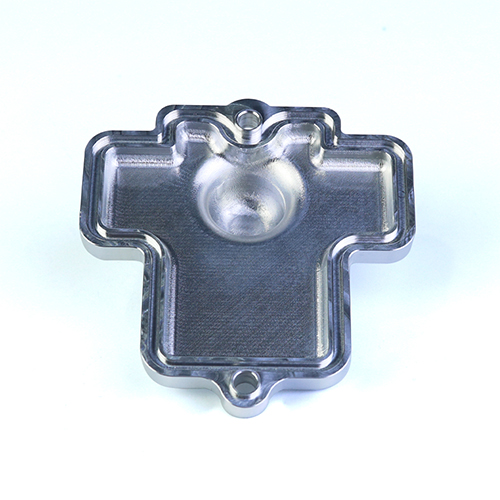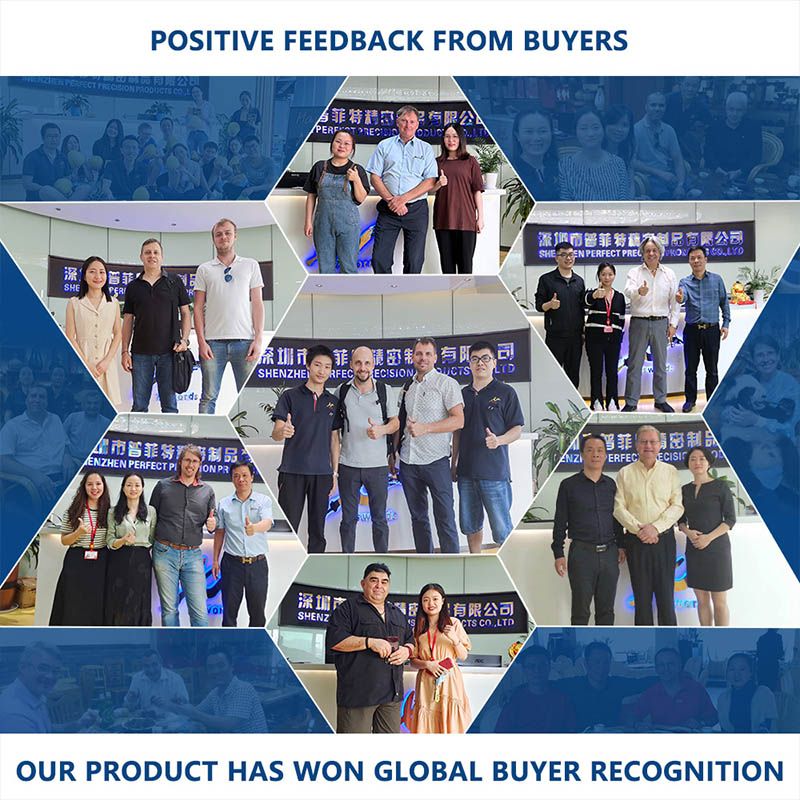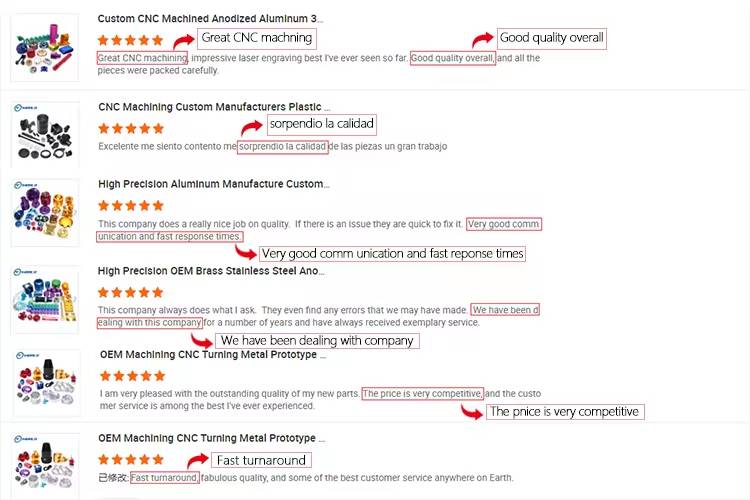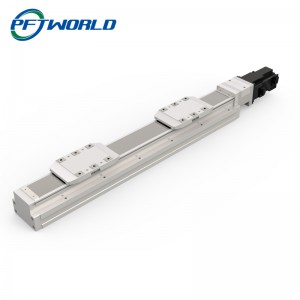Customized aluminum alloy CNC machining lathe parts for equipment
Product Overview
In today’s fast-paced manufacturing world, precision, durability, and customizability are crucial for producing high-quality components. When it comes to customized aluminum alloy CNC machining lathe parts, manufacturers are increasingly turning to CNC (Computer Numerical Control) machining for its unparalleled accuracy and efficiency. CNC machining has revolutionized the way parts are fabricated, offering solutions that meet the exact needs of industries ranging from aerospace to automotive and electronics.

What Are Customized Aluminum Alloy CNC Machining Lathe Parts?
Customized aluminum alloy CNC machining lathe parts are precision-engineered components made from aluminum alloys and fabricated using CNC lathes. CNC lathes are advanced machines that use computer programming to control the turning and shaping of materials into exact specifications. Aluminum alloys, known for their lightweight, corrosion-resistant properties, are ideal for a wide range of applications that require strength without adding excess weight.
In many industries, aluminum alloy parts are critical to performance and efficiency. By using CNC machining, manufacturers can produce custom-designed aluminum alloy parts with tight tolerances and complex geometries, ensuring they fit seamlessly into the intended application.
Key Applications of Customized Aluminum Alloy CNC Machining Lathe Parts
Customized aluminum alloy CNC machining lathe parts are used across a wide range of industries where high strength-to-weight ratios and precision are paramount. Some of the most common applications include:
●Aerospace: Lightweight, high-strength parts such as aircraft structural components, brackets, and housings.
●Automotive: Precision parts for engine components, transmission systems, chassis, and exterior fittings.
●Electronics: CNC-machined aluminum alloy parts for housings, connectors, and other electronic enclosures.
●Medical Devices: Custom parts for surgical instruments, diagnostic equipment, and medical implants that require precision and biocompatibility.
●Marine: Corrosion-resistant parts such as valves, fittings, and fasteners used in marine environments.
Benefits of Customized Aluminum Alloy CNC Machining Lathe Parts
●Strength and Durability: Aluminum alloys offer excellent mechanical strength while maintaining a lightweight profile, ideal for applications where both durability and weight are factors.
●Corrosion Resistance: Aluminum alloys are naturally resistant to corrosion, making them suitable for outdoor, marine, or chemical environments.
●Enhanced Surface Finishes: CNC machining provides smooth, high-quality surface finishes that reduce friction and wear in moving parts.
●Complex Geometries: CNC machining allows for intricate and detailed designs that would be difficult or impossible to create with traditional methods.
●Scalability: Whether you need a single prototype or a large production batch, CNC machining can easily scale to meet your production requirements.
Conclusion
Customized aluminum alloy CNC machining lathe parts are the backbone of modern manufacturing, offering precision, strength, and versatility across various industries. CNC machining enables the production of highly complex, custom components that meet the unique requirements of each project. Whether you're in aerospace, automotive, electronics, or another sector, working with a trusted CNC machining provider ensures that your aluminum alloy parts are crafted to the highest standards of quality and performance.
If you’re looking for a reliable partner for OEM brass CNC machining parts service, we are here to deliver precision-engineered solutions that meet your exact needs. From electronics to industrial machinery, our expertise in brass machining ensures that your components are not only functional but also built to last.


Q:What are the typical tolerances for CNC lathe machining of aluminum alloy parts?
A:CNC lathes can achieve very tight tolerances, and for aluminum alloy parts, typical tolerances range from ±0.001 inches (0.025 mm) to ±0.005 inches (0.127 mm), depending on the complexity and requirements of the part. We can accommodate even tighter tolerances for highly specialized applications.
Q:How long does it take to manufacture customized aluminum alloy
A:CNC lathe parts? A:Lead times for customized aluminum alloy parts depend on several factors:
●Part complexity: More intricate designs may take longer to machine.
●Quantity: Small runs typically take less time, while larger production runs may require more.
●Material availability: We typically stock common aluminum alloys, but specific grades may require extra time to source.
Q:What is the minimum order quantity (MOQ) for customized aluminum alloy parts?
A:We offer flexible manufacturing solutions with no strict minimum order quantity (MOQ). Whether you need a single prototype or thousands of parts for mass production, we can accommodate your needs. Smaller orders are ideal for prototyping and testing, while larger orders benefit from economies of scale.
Q:How do you ensure the quality of customized aluminum alloy CNC lathe parts?
A:We follow a rigorous quality control process to ensure that every customized aluminum alloy part meets your specifications:
●Dimensional Inspection: Using advanced measuring tools like CMMs (coordinate measuring machines) to ensure precision.
●Surface Finish: Inspection for smoothness and appearance, including anodizing or other finishing options.
●Material Testing: Verifying the quality and consistency of the aluminum alloy to ensure it meets the required mechanical properties.
●Functional Testing: Where applicable, we conduct real-world functional tests to confirm the part’s performance in your application.
Q:Can you help with part design or modification?
A:Yes! We offer engineering and design assistance to help optimize your parts for CNC machining. If you have an existing design, we can modify it for manufacturability, cost-efficiency, or performance enhancement. Our expert engineers will collaborate with you to ensure your parts meet all functional and aesthetic requirements.












